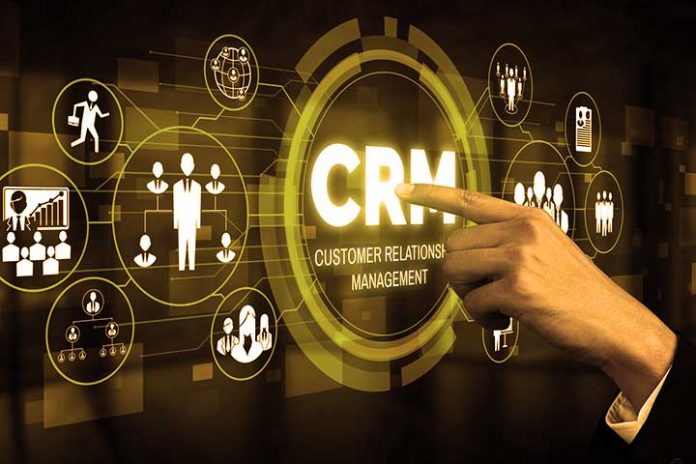The complexity of the industrial sector and digital tools are forcing companies to review the management of their customer relations by transforming their organization.
The specificities of industrial markets are based on a complex sales process and a large number of players. In addition, the emergence of new competitors on a global scale (more easily accessible thanks to the web) and growing service culture are forcing manufacturers to engage in a transformation of their customer relationship management to generate commitment and build loyalty. To do this, they must both rely on their salespeople, who remain the pillar of the process, but also on customer data, capital that has become very precious.
Customer data at the heart of CRM
To manage this customer information, CRM has become the principal tool. However, in the industrial sector, it remains largely untapped. We still often see sales reps working in Excel, information held by a single individual instead of being shared, or sales between salespeople done by email or not.
CRM or Customer Relationship Management is an approach that allows us to consider the customer as a whole, giving him a 360 ° vision built and shared by all. It is based on a shared tool that increases the quality of information and exchanges and the efficiency of commercial approaches, thanks to better targeting. It makes it possible to develop a close relationship with customers and prospects by personalizing messages and identifying specific needs while increasing teams’ responsiveness to their requests.
A new way of working
CRM goes beyond a new shared tool. It encompasses the entire business process and aims to bring together activities that have been separated for too long, such as marketing, sales, sales administration or after-sales service. It gives the teams a new vision of the customer relationship.
Thanks to centralizing all data within a single and shared repository and reporting systematization, it considerably improves customer knowledge. It involves real collaboration between departments for the client’s benefit, considering it as a whole and not as the sum of individual compartmentalized interactions.
Finally, it brings employees together through better communication between departments and the sharing of files and information. This CRM approach is more suitable in a B2B context because the customer is not a single physical individual but a set of interlocutors dispersed in many departments.
Ensure the success of the transformation
To successfully transform your customer relationship, you have to go beyond the IT tool. You have to make a clear commitment to a business development process. Its success rests first and foremost on a revised organization and the involvement of the teams. A set of new reflexes must be taken to optimize contacts and work for customer knowledge. The entire industrial company must evolve by including all employees in the customer relationship management process.
Finally, you have to choose your CRM software, adapted to the size of your business. If it is too complex, it will be challenging to handle. In addition, salespeople must be supported in their handling. They are often used to a little digitized process, and apprehension of novelty can quickly provoke adverse reactions. Do not hesitate to plan for a long process of adaptation and follow-up.
Therefore, customer relationship management in the industry aims to support and maintain this bond of trust throughout the relationship and beyond the purchasing action. To do this, we need to rely on new tools that will make it possible to manage these interactions, facilitate exchanges and personalize this relationship because a satisfied customer will always be more loyal and less tempted by the competition.
Also Read: Integrating Data Into Your CRM: What Are The Benefits For Your Business?

